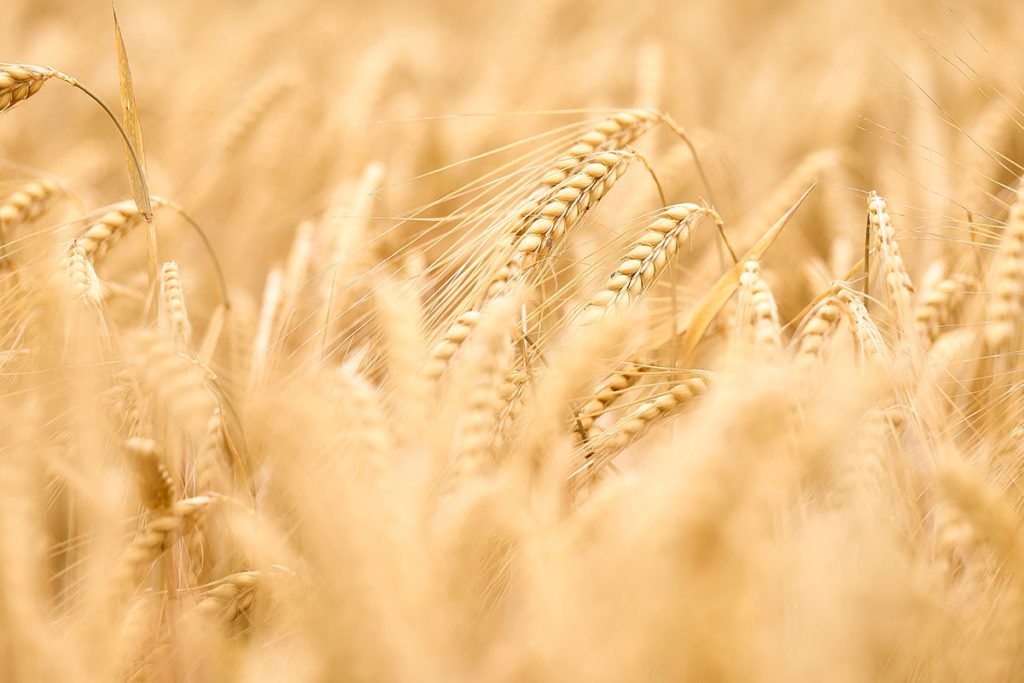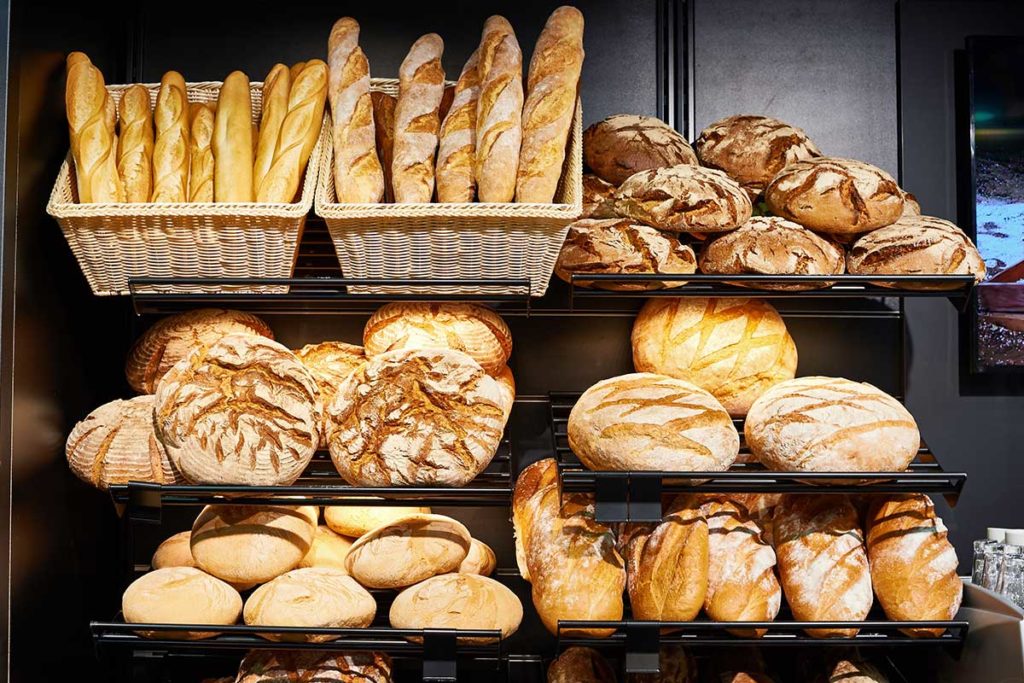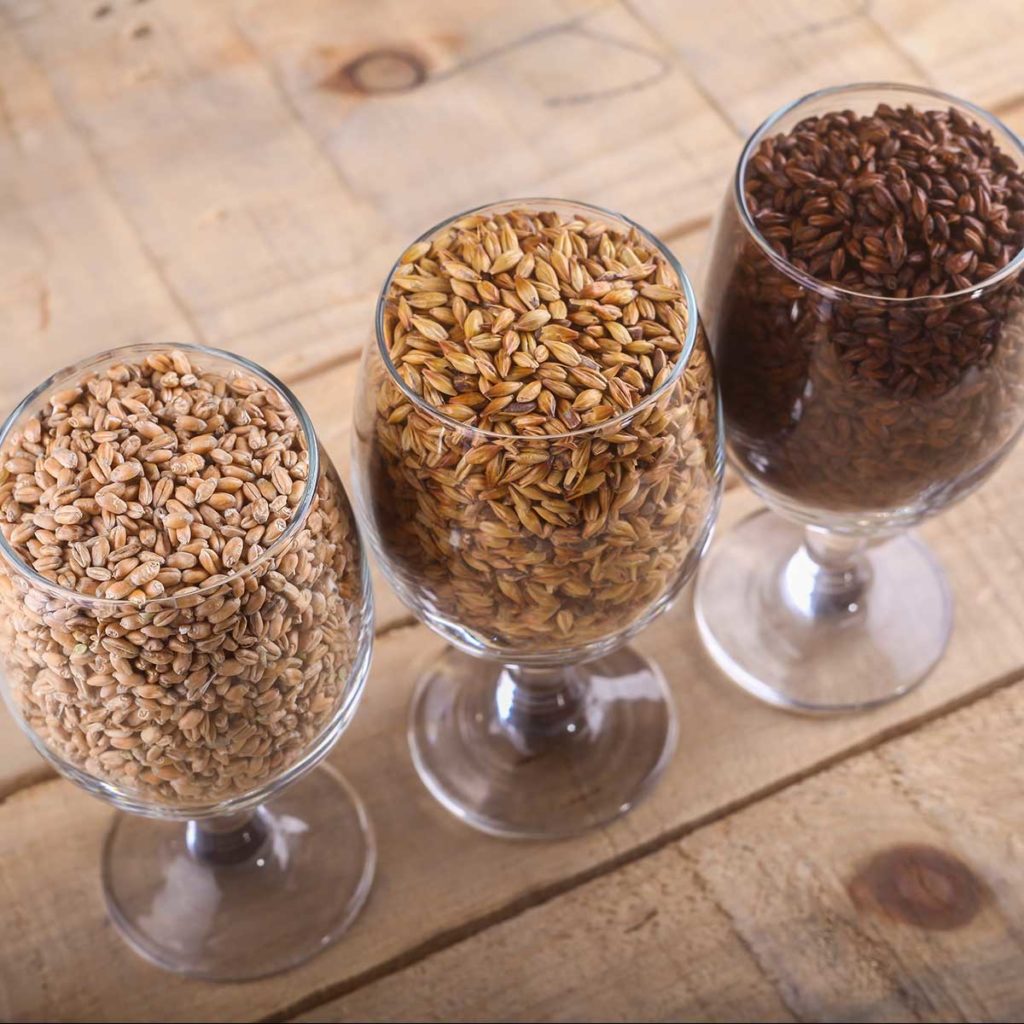Enzyme-inactive organic malt flour
Nicht-diastatische Bio Malzmehle, wie Aroma- oder Röstmalzmehl, sind an einer dunklen Farbe erkennbar und zeichnen sich durch eine hohe Quellfähigkeit aus. Sie verbessern und intensivieren den Geschmack von Backwaren und sorgen für die charakteristische, dunkle Farbe. Wegen dieser Eigenschaften und Wirkungsweise hat sich auch die alternative Bezeichnung „Farbmalz“ etabliert. Der charakteristisch-malzige Geschmacke entwickelt sich während des Backvorgangs aufgrund der hohen Temperaturen. Enzyminaktives Backmalz wird im Allgemeinen bei Mehlsorten eingesetzt, die eine höhere getreideeigene Enzymatik aufweisen, wie beispielweise Vollkorn- oder Roggenmehl. Das nicht-diastatische Malzmehl führt zu der gewohnt appetitlichen Färbung und dem charakteristischen Geschmack von Malz, ohne dabei den Abbau von Stärke zu beeinflussen.





